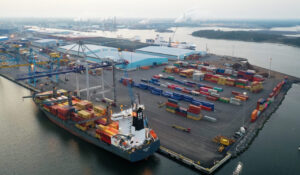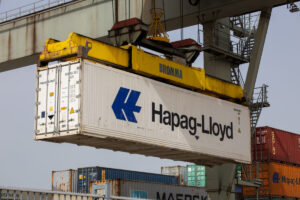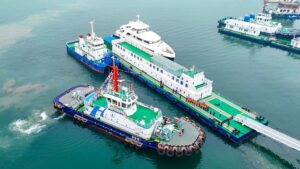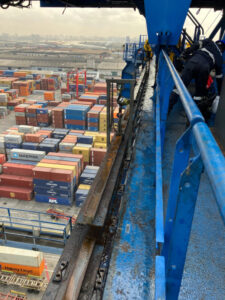Following the escalation of conflict between Israel and Iran, the viability of the Strait of Hormuz, one of the world’s most crucial oil trade corridors, has become a central concern for global maritime logistics.
Merchant vessels are being advised to reconsider transiting through the Strait and areas close to Iranian waters, while the US government has urged China to leverage its influence to dissuade Iran from closing the strategic passage.
Tensions in the region have already led to major operational issues. Navigation systems on more than 900 vessels travelling through the Strait of Hormuz and Persian Gulf have suffered severe disruptions. Amidst rising hostilities involving Iran, Israel, and the United States, speculation has grown that Iran might attempt to block the Strait as a form of retaliation against its adversaries.
Even minor disruptions in oil flow through the Strait could lead to sharp spikes in global energy prices, increased shipping costs, and major supply chain delays.
Despite mounting fears over the stability of the waterway, Ian Baxter, Founder and Chair of global logistics provider Baxter Freight, believes a full closure remains unlikely.
“Our current assessment is that it is very unlikely that Iran would try to close the shipping lanes in the Strait of Hormuz. There are several reasons for that. First, it is likely to provoke a strong military response from the US and its allies,” Baxter said.
“Secondly, it would harm the interests of Iran’s own allies as oil and LNG supplies would get choked off and prices rise. Thirdly, it would harm Iran’s own economic interests as its own oil sales and imports would suffer.”
Baxter further underscored the importance of strategic foresight and flexibility in logistics in the face of geopolitical instability, stressing the need to prepare for every eventuality. He recalled recent disruptions to trade flows, including Brexit, the closure of the Suez Canal, and the war in Ukraine.
Baxter concluded that experience shows there are always ways to keep freight moving, and it’s up to logisticians to identify the best cost-benefit approach.
This might involve increasing inventories, shifting to safer routes or less congested ports, using alternative transport modes like sea-air, adjusting sales terms to shift risk to buyers, building local stock, or temporarily pausing shipments to wait out disruptions.
Additionally, the Iran-Israel conflict triggered a sharp rise in shipping insurance costs for vessels navigating the Red Sea and Persian Gulf.








